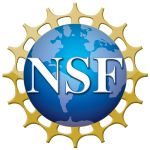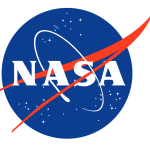What if AI could take us beyond the limits of human exploration? What if intelligence itself could navigate the unknown, adapt in real time, and make decisions beyond our reach?
Our mission is to develop intelligent systems that seamlessly extend human capabilities across land, sea, and space. By integrating AI, data intelligence, and real-time decision-making, AstraQua is setting the stage for discoveries yet to be imagined and industries yet to be revolutionized.





